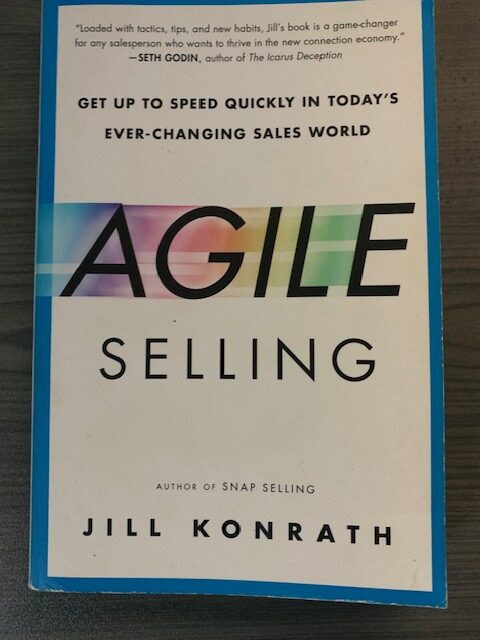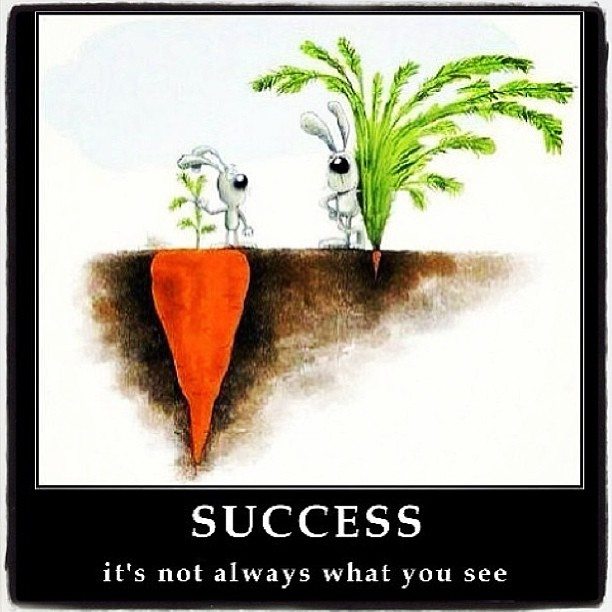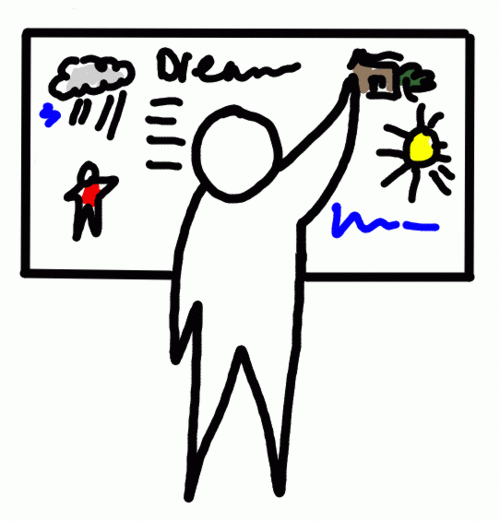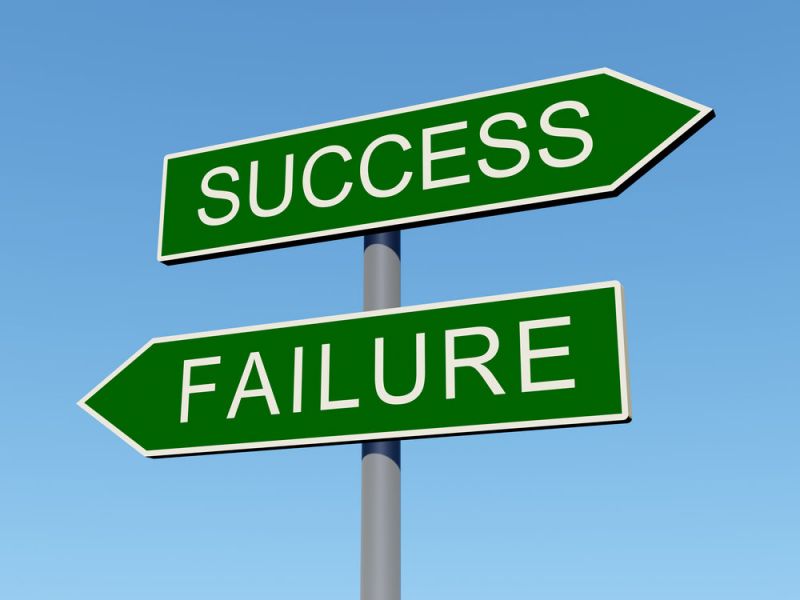The Art of Qualifying, asking the right questions
What is qualifying and how do you do it? Isn’t it just asking questions? Here is a step by step qualifying process.
Step one
Find out the clients Why? This is so important. The customer will have a logical and emotional why. You need to find out what they are. A logical why would be increased profits, whereas an emotional why would be to make me look good in front of the boss.
Step Two
Write down the perfect questions from your industry (see below).
Step three
Memorise these questions. They should be general to start with and then become specific. You should never be short of a question to ask.
Step four
Ask permission before you ask the question. Say something like, “Just a couple of quick question, so I don’t waste your time”, or “Just a couple of quick questions so I can better serve you”.
Remember that you care, you are trustworthy and you have the prospect’s best interests at heart.
Some example questions
Here are some great questions for you to tailor to your own industry and memorise, especially if they have used a similar product or service in the past:
“What did you like and dislike about xyz?”
“What would you change or improve with your current supplier?”
“What’s your biggest headache with xyz?”
“What’s your ultimate objective around xyz?”
“What would be your ideal program or xyz?”
“Of all the factors, what’s the most important to you?”
“Have I asked about every detail that’s important to you?”
Remember – keep you powder dry. With the answers you get here, it’s so tempting when you know your product or service is a fit for the prospect, to jump in like an eager puppy, eager to please. Don’t jump in yet. This is so important and will turn you from an average to master salesperson overnight.
Bite your lip; do not jump in with your solutions just yet. You want the prospect to feel the pain of his current situation, so he gets everything off his chest. What you are trying to do here is identify his emotional wants and logical needs whilst simultaneously gaining rapport.
Specific Questions
Now you can get to the specific questions, whilst remember to use tonality. This is where memorising and rehearsing the questions come in to play. You can use your body to help you get tonality if you are selling on the phone. To sound concerned, you can put on a concerned expression for instance.
Then you ask the all-important question:
“How long have you been thinking about getting <your product or service>?”
YOU THEN DO NOT SPEAK.
Out of all this qualifying, it comes down to two things:
The product or service is right for your prospect.
IF NOT END THE CONVERSATION.
You do not serve your prospect or yourself by trying to sell something someone doesn’t need.
Your prospect can afford your product or service. AGAIN IF NOT END THE CONVERSATION.
(If he feels all is useless all the better. It’s just like when you take your old car to the garage and the mechanic rubs his chin, sucking air through his teeth. You feel broken, just like your wreck of a motor. He tells you how it’s so hard to get the parts and how you should scrap your car. Then just when you are about to start crying he says well I guess we might be able to do something. It’s a little ray of hope. You are now practically begging. Yes, he says more confidently we can fix it – but it will cost you. You don’t care as you give him your car keys.)
The Presentation
Back to presentation –
As we stated before, you state your transition statement, which is worth repeating again:
“Based on this, from what you have just told me, this should be a perfect fit for you”.
Now you are in to your presentation and you are going to be anticipating your first NO. When that no comes you act as if you are expecting it (because you are). You perk up and you run your first pattern.
THE PATTERN
The product is the best thing since sliced bread.
Usually the first objection will be price. First, you deflect the objection, to handle later on in your own time. Say” I hear what you are saying, but does the product make sense to you? Do you like the idea?”
He might then say, “Yes it sounds good…” Then you loop back and resell the product. “The true beauty of the program is…”.”So you see what I’m saying?”
Mastering the art of asking questions.
Here are some example questions that Jordon Belfort uses in his telephone questioning:
“So how long have you been thinking about becoming a trader?”
Ans. – About 2-3 years.
“Are you looking to trade full time or part-time?”
I’ve got a couple of free hours in the evening.
“What kind of work are you doing?”
I’m just working in a factory, about 40 hours a week.
“And hours it going for you?”
Ahh its pretty good, I try to get away when I can (ramble ramble ramble, we are getting of track here.)
“Oh, that sounds great, I’d love to do that, so are you looking to supplement your income or are you looking to go full time after you make tonnes of money on it?” (This is future pacing and implies a guarantee).
Well I’m just going to do part time.
“Are you currently invested in the market now, any stocks, bonds or mutual funds? (No big deal tonality)?
Yeah I’ve just got a few things invested.
(Here’s a sensitive way to ask if you have enough money to invest):-
“And just for suitability purposes, how would you way your picture is right now? Are you in good shape now or are you struggling? (Use empathy tonality).
Well I’m ok, just paying the bills (or) well really badly actually.
(Match their tonality plus one level of optimism/ enthusiasm) “Ok – I totally understand, that’s exactly why I rang. How much money are you looking to spend? Just a ballpark? Have you got the funds right now, or do you have to raise them?
Prospects Answer
“Ok great, now let me say this, based on what you have just told me, this is the perfect fit for you”.
Before using scripts, always remember the following:
Tailor the question for your prospects industry.
Practise the scripts in the mirror.
Even better would be to practise on real people.







